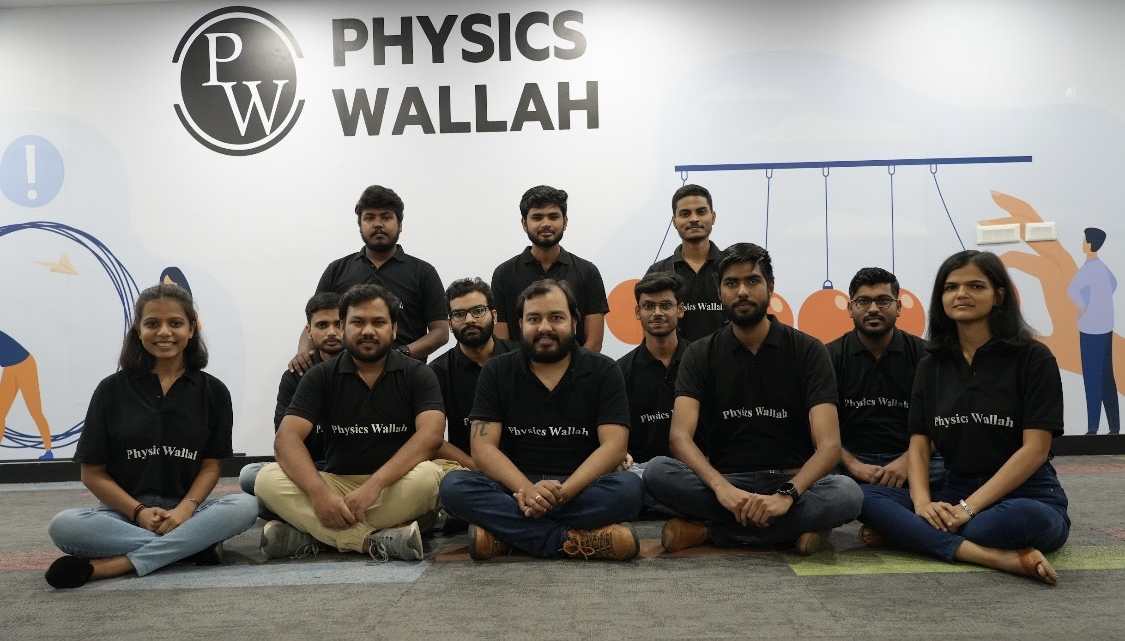Indian ed-tech startup Physics Wallah raises $210 million at a $2.8 billion valuation

Indian ed-tech startup Physics Wallah has secured $210 million in funding led by Hornbill Capital, with participation from Lightspeed Venture Partners, GSV, and WestBridge. The latest round pushed the company’s valuation to $2.8 billion, a significant increase from its previous valuation of $1.1 billion.
This funding comes at a time when the Indian education technology landscape is facing challenges, notably the dramatic fall of Byju’s, once valued at $22 billion, which now facing insolvency issues.
CEO Alakh Pandey shared that the fresh capital infusion will be used for business expansion and potential acquisitions.
Founded in 2020 by Pandey and Prateek Maheshwari, Physics Wallah offers free and affordable paid courses for various competitive exams in India, with an average course cost below $50, aiming to make education accessible to underprivileged students.
“We’re not catering to just 1% of the population. Our mission is to reach the remaining 99%, those who can’t attend expensive coaching classes. We enable diverse types of learners,” Pandey told CNBC in an interview.
The company operates on a freemium model, providing free courses on YouTube while offering additional features like homework and tests through paid subscriptions. Physics Wallah reported a remarkable 250% revenue growth year-on-year for the fiscal year ending March 2024, and Pandey anticipates achieving the highest EBITDA this fiscal year.
On the topic of acquisitions, Pandey indicated the company is open to opportunities that would enhance its content and user base. “We are receptive to consolidation if it helps us access new geographies or focuses on content and community,” he noted.
Physics Wallah has already made significant investments. Last year, the company acquired a 50% stake in Kerala-based Xylem Learning. In 2022, the startup also strengthened its NEET preparation and study materials segments by acquiring two startups, PrepOnline and Altis Vortex. It was its third acquihire since achieving unicorn status in June of that year.
Pandey and Maheshwari highlighted key trends shaping their strategy, including the shift toward hybrid learning and increased internet access in rural and smaller urban areas, helping to bridge educational gaps for disadvantaged children.
The Indian ed-tech sector saw explosive growth during the pandemic, but this rapid expansion also led to some notable failures. Byju’s, in particular, has faced serious issues, including multiple insolvency proceedings, attributed to aggressive acquisitions and mismanagement.
Pandey emphasized the importance of prioritizing quality content and student outcomes. “In interviews or headlines, previous players often focus on valuations and funding rather than the actual impact on students’ lives. Education isn’t just about numbers; it’s about making a real difference,” he said.
Maheshwari added that despite recent challenges, the overall market continues to grow. “I don’t think the market has shrunk. Some companies are struggling, but the number of learners keeps increasing year-on-year.”
Looking ahead, Pandey confirmed that an initial public offering is on the horizon but avoided speculating on a specific timeline. “An IPO is definitely in our plans. We’re committed to strong governance and forming an independent board of directors. Right now, it’s not about when the IPO will happen; we’re running this company as if it’s already public,” he stated.

Physics Wallah Team




